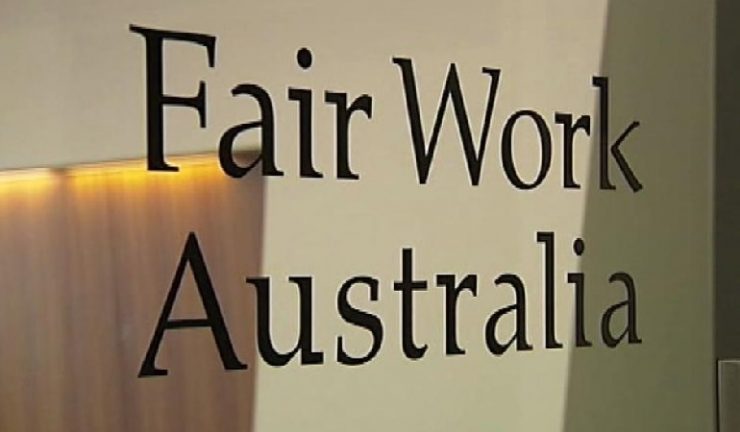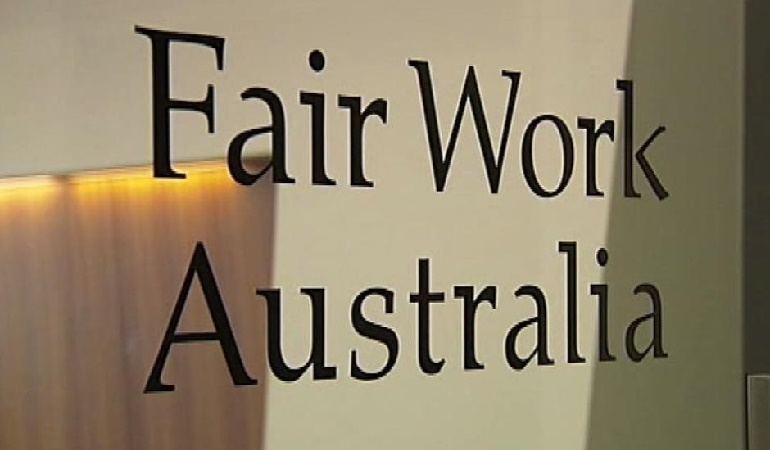FWC receives unfavourable response.
The Fair Work Commission (FWC) has announced its decision to reduce penalty rates over a four-year period and increase the national minimum wage by 3.3% or $22 per week from 1 July, 2017.
2nds World managing director, Peter Hammerman told Appliance Retailer that he is not in favour of reducing weekend penalty rates. “Because that’s when many people shop and I think staff who work weekends and give up family time should be compensated accordingly.”
“Furthermore, the decision to increase the basic wage will be detrimental to business as it will add pressure to the already high cost low margin appliance sector.
“It is quite a significant increase which in my opinion the industry cannot afford at this time. Business is tough and retailers will have no choice but to pass the added costs on to consumers. The two areas which retailers can control are wages and advertising so when wages go up prices go up,” he said.

Australian Retailers Association (ARA) executive director, Russell Zimmerman said retailers were expecting to able to ramp up employment via a quick transition to more sustainable penalty rates, though the announced arrangements will only hinder the immediate benefit to employment and growth within the sector.
“The Commission found that a reduction in penalty rates will allow retailers to extend staff working hours and increase employment across the board, therefore these sluggish arrangements will unnecessarily delay the creation of new retail jobs.
“Retailers are already operating in a tough environment, and the ARA will be working with its members and legal providers to strongly defend the decision to ensure the implementation of public holiday rates from 1 July 2017,” Zimmerman said.
NRA CEO Dominique Lamb (pictured below) has welcomed the reductions, but said she was disappointed with the long transition period.
“Retailers need a break and they need it now, as consumers are continuing to tighten their discretionary spending belts,” Lamb said.

“Retail is struggling amid soaring operating costs and increased competition so a shorter transition to reduced penalty rates would have been a welcome relief, as it would have potentially allowed them to focus on improving customer service by having more employees on the floor.
“Australian retailers are paying some of the highest wages in the world, and it’s often not viable to even open their doors on a Sunday because they can’t even cover the wages let alone turn a profit, and that doesn’t help anyone.
“This transitional period is somewhere between the SDA’s recommendations and ours, but four years is a really long time, and adds complexity to an already complex system. We need to return penalty rates to a more reasonable, affordable level now, in order to kick-start the industry and allow retailers to create more jobs for Australian workers,” she said.

